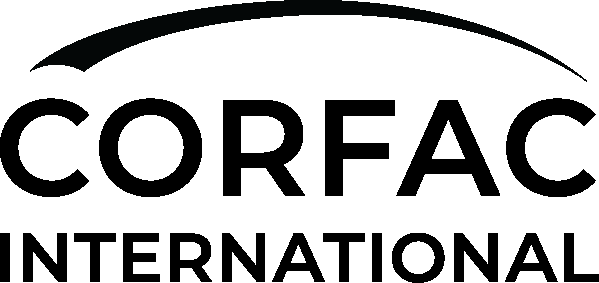To Buy Or To Lease: That Is The Question

For many companies, success is largely dependent on the office their employees work from. An office’s location, for instance, can impact the level of talent a company attracts. Its size and design can affect the productivity and creativity of the employees who inhabit it.
But when selecting an office space, one thing many companies fail to research ahead of time is whether they should lease or buy their space. There are several factors that drive this decision, depending on the company’s financial health and overall goals and the current real estate market.
“The factors that a client should consider when leasing or buying a property is the cost of upfront capital,” The Klabin Co./CORFAC International Los Angeles Senior Associate Tyler Rollema said. “If they have capital available to make the down payment on the property, they should consider buying. If they want to keep that capital available for investing in the business, leasing might be a more appropriate option. If they expect to have growth in the future, they might want to consider leasing, as they would have the ability to expand and move into a larger building.”
One factor companies should consider is the state of the office market. Conditions like vacancies and interest rates can impact the decision to buy or rent. The company’s level of flexibility in terms of timing can also be important. For example, a company that needs to move immediately would have different considerations and more pressure than a company that has time to weigh these options.
Many businesses also work alongside a real estate representative who understands the company’s needs and can help make the right call. This representative works to find a location that fits the company’s needs and negotiates a reasonable deal.
When it comes to the decision to lease or buy a commercial property, the most important considerations are strategic in nature. Many of these considerations are not directly related to the office itself. For instance, if a company went through a recent merger or acquisition, that could change the freedom it has to invest in a new office space. A new product rollout, changes to management structure or any alterations to an existing budget could also impact these decisions.
Operational considerations are also important. A company that requires flexibility for growth and change would be advised to pursue a short-term lease because it would outgrow the space more quickly, while a firm that intends to occupy an office facility for the long term would benefit from owning the property. Financial factors, like a company’s cost of capital and balance sheet strength, can also impact the leasing vs. buying decision.
"The decision to lease or own depends on a company’s cost of capital and how they intend to deploy capital to grow the business,” Rollema said.
There are pros and cons to each of these options, but the decision to lease or buy office space is dependent on factors specific to each company. By working alongside a commercial real estate broker, businesses can ensure they are making a decision that supports future success.
A good commercial real estate broker will take the time to understand companies' needs to ensure they understand the pros and cons of this key business decision.
This feature was produced in collaboration between Bisnow Branded Content and CORFAC International. Bisnow news staff was not involved in the production of this content.

